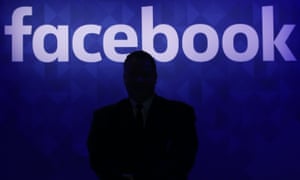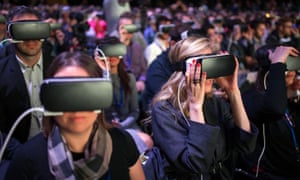After some major corporate changes Facebook may be made to pay millions and would no longer be able to evade their tax payments. This plan will mostly benefit UK and USA as well as mitigating the the criticism that institutions such as Facebook are currently receiving due to avoiding paying their tax. Facebook also works with advertising agencies and gain great profit from that aspect.
- The UK represents less than 10% of Facebook’s global revenue
- more than 850 staff remain an important part of the business
- The company faced criticism after it was revealed it paid just £4,327 in corporation tax in 2014, despite its UK staff taking home an average of £210,000 in the same period
- The world’s poorest nations are hardest hit by corporate tax dodging - losing at least $100bn every year that could pay for hospitals and schools.
- Google’s similar ad-sales arrangements showed that only 1% of its ads were sold offline, but that they accounted for approximately 60% of the company’s revenue in the UK
- HMRC, which spent £27,000 on adverts with Facebook in the past year, would not comment on the particulars of the social network’s tax arrangements.
- Google has also been criticised for its tax arrangements. It agreed to pay £130m in back taxes in January
#48Google hires founder of 4chan, the ‘Zuckerberg of online underground’
Christopher Poole, who was the founder of the controversial site, 4Chan, has been recently hired by Google. It is speculated that Poole will attempt to help Google with its social media aspects, an area where the company is greatly lacking and Poole stated through a post of Tumblr that he would like to contribute his experience from a dozen years, creating online communities. Although Google announced in November 2015 that they will release a social network that will be similar to pinterest and reddit, this announcement did not receive much attention. Poole's involvement may possibly turn the audience around for the better.
- Described by Rolling Stone as the “Mark Zuckerberg of the online underground”
- Poole founded 4chan in 2003 when he was just 15 years old.
- Today the site claims to attract 22 million unique visitors per month.
- 4chan has also gained a reputation as a breeding ground for abuse, trolling and online harassment.
- In January 2015, Poole retired from running 4chan, and in September 2015, the site was sold to a Japanese entrepreneur.
Google being a massive, leading institution, will greatly benefit from Poole's involvement to help them increase their reputation in terms of social media. However, since Poole is notorious for running a site that is a hub for online abuse and harassment, if there is a negative outcome from any of Poole's future projects, Google will also be greatly damaged and will become mistrusted




